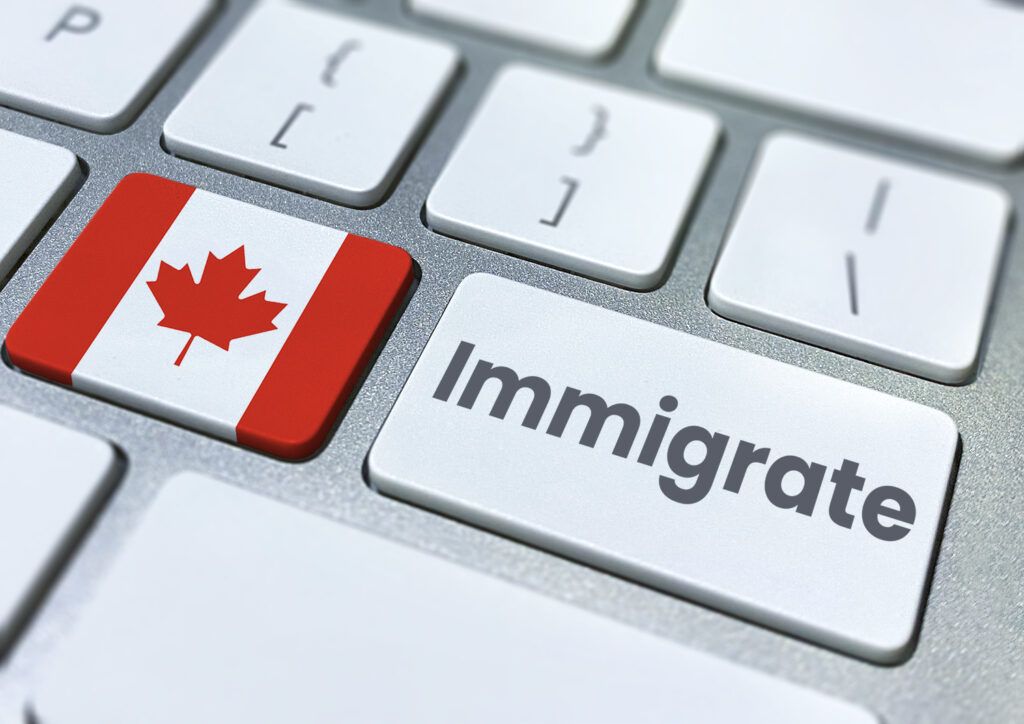Migrating to Canada gives you a chance for an improved quality of life. If you have been planning to move to this country but are concerned about the global pandemic, don’t worry because you can still have the opportunity to become a new permanent resident.
Last 2020, Canada publicized its Immigration Levels Plan for 2021-2023, the most critical immigration announcement the government makes yearly. It contains information about the number of new permanent residents the country intends to accept and the categories under which it wants to accept them. Learn more about the new Canadian Immigration Levels plan through this guide.
What Does the Immigration Levels Plan for 2021-2023 Say?
Canada has accepted only 401,000 new immigrants since 1913 and has not gone beyond the 400,000 thresholds. But according to the latest Canadian immigration plan, Canada targets the highest immigration rate in its history. It aims to welcome 401,000 immigrants this year, 411,000 immigrants for 2022, and 421,000 immigrants for 2023.
As an immigration advocate or hopeful newcomer, you are probably worried that the impact of COVID-19 can lead to a decline in immigration to the country, but it does not seem to be that way. The Canadian government assured to accept 1,233,000 new permanent residents in the next three years. These figures also include temporary residents, such as visitors, workers, and students.
Under Which Category Will the Immigrants Be Accepted?
Canada welcomes immigrants in various categories, such as economy, family, refugee, humanitarian, and compassionate grounds. In the next three years, the country seeks to accept about 60 percent of these immigrants in economy class programs, such as the Express Entry and Provincial Nominees Program. It means skilled workers and their families will be prioritized.
This effort is in line with the plans for immigration levels over the previous years. For instance, the Provincial Nomination Programs( PNPS) allow provinces and territories to welcome newcomers, particularly those capable of addressing their unique economic and demographic needs.
What Should I Know About Family Sponsorship Immigration?
Since family reunification has always been a priority in the Canadian immigration policy, the targets remain high at 80,000 new annual admissions. It allows Canadian citizens and permanent residents to sponsor their civil partners, spouse, and dependent children for immigration.
There is also an increase in the target for parent and grandparent sponsorship. This year, the Canadian government aims to accept more than 30,000 new applications under the Parents and Grandparents Program (PGP).
What Are the Targets For Refugees and Asylum Seekers for the Next Three Years?
Canada welcomes more refugees and asylum seekers for 2021-2023. It targets to grant permanent resident status to 60,000 individuals, and more than one-third of these accepted refugees will be privately funded. Their family members will also receive permanent residence.

Conclusion
Acquiring Canadian permanent resident status during these troubling times may seem challenging. The good news is that you can still migrate to Canada without any hassle by remembering the guide’s information. You should also consult with immigration experts to ensure you have a smooth application experience.
Bright Immigration is an immigration company in Toronto, Canada with immigration consultants recognized by the Immigration Consultants of Canada Regulatory Council and Law Society of Upper Canada. If you’re looking for professional help from a trusted firm, please contact us at info@brightimmigration.com or call 1-888-404-8472.





